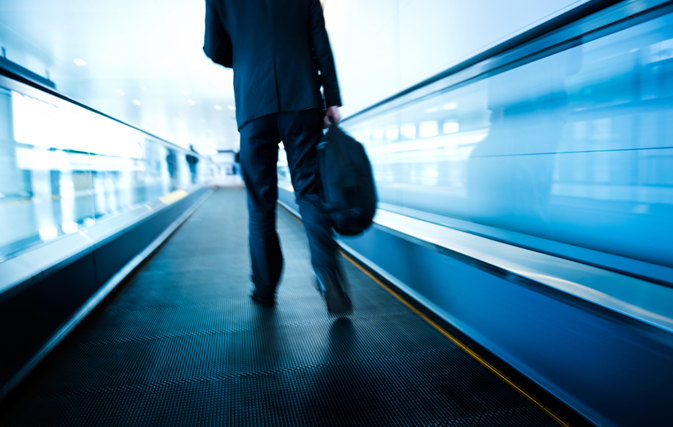TORONTO — After an uneven 2016 that saw only limited increases in overall pricing, business travel in 2017 looks like it’ll be more of the same, with flat to moderate rate increases expected globally across air, hotel and ground transportation.
According to the Global Business Travel Forecast 2017 by American Express Global Business Travel, there are several contributing factors that have led to a higher level of uncertainty in the global marketplace. These include the continued slowdown of the Chinese economy and depressed oil prices, the UK’s impending departure from the European Union, growing populist politics as well as increased security concerns in many countries.
The report highlighted some good news, particularly for the air segment. Global demand for air travel remains at a record high, with persistently low fuel prices and strong competition helping to keep airline fares in check. Hotel performance will improve moderately and prices will remain flat in most regions with the exception of Latin America, where rates will decline slightly, and Asia Pacific, where the impact varies greatly by country.
Ground transportation has undoubtedly felt the impact of new industry players, and rates should remain flat as capacity continues to exceed demand.
Rodolfo Elizondo, Vice President and Head of Global Business Consulting at American Express Global Business Travel (GBT), believes that in this period of political and economic uncertainty, companies and business leaders will welcome news that the cost of business travel may, at worst, endure only modest increases.
“Travel managers should focus on the things they can control, like demand management, compliance and traveller satisfaction to reduce risk and increase savings,” he said.
In North America, overcapacity and fierce competition between legacy carriers and low-cost carriers on heavily travelled routes are leading to anticipated fare decreases. However, lower fares will be offset by higher ancillary fees as airlines continue to look for new sources of revenue.
With significant new supply coming online in the United States, only moderate increases are projected, as inventory remains steady with demand. Rates will increase slightly in most of Canada due to an increase in demand linked to the weak Canadian dollar.
In the U.S., car rental rates for corporate travellers will remain flat in 2017 due to excessive fleet sizes and strong competition. Following the lead of airlines and hotels, car rental companies are expected to focus more on ancillary offerings to drive profits. And as ride-sharing companies like Uber and Lyft continue to invest in corporate travel, taxi and car services have felt the impact, spurring investments in mobile to attract travellers back. A softening of rates is also expected in Canada.
In Europe, airlines continue to face significant headwinds in the form of lackluster economic performance, security concerns, long-haul pressure from Gulf carriers and the growing presence of low-cost carriers. With low-cost carriers looking to expand in 2017, airfares will stay level with 2016.
In the UK, the currency devaluation following Brexit has had the short-term effect of making outbound travel from the UK more expensive. Medium- and long-term effects are not yet known until the UK government begins negotiations with the EU, which are expected to begin in Q2.
Political and economic uncertainties in Europe are flattening hotel demand but the overall lack of new supply should help sustain mild rate increases. Despite speculation that the UK would see prices rise on higher demand from value-seeking tourists and domestic vacationers, rates are staying level and should remain so through 2017.
For more information go to amexglobalbusinesstravel.com.

